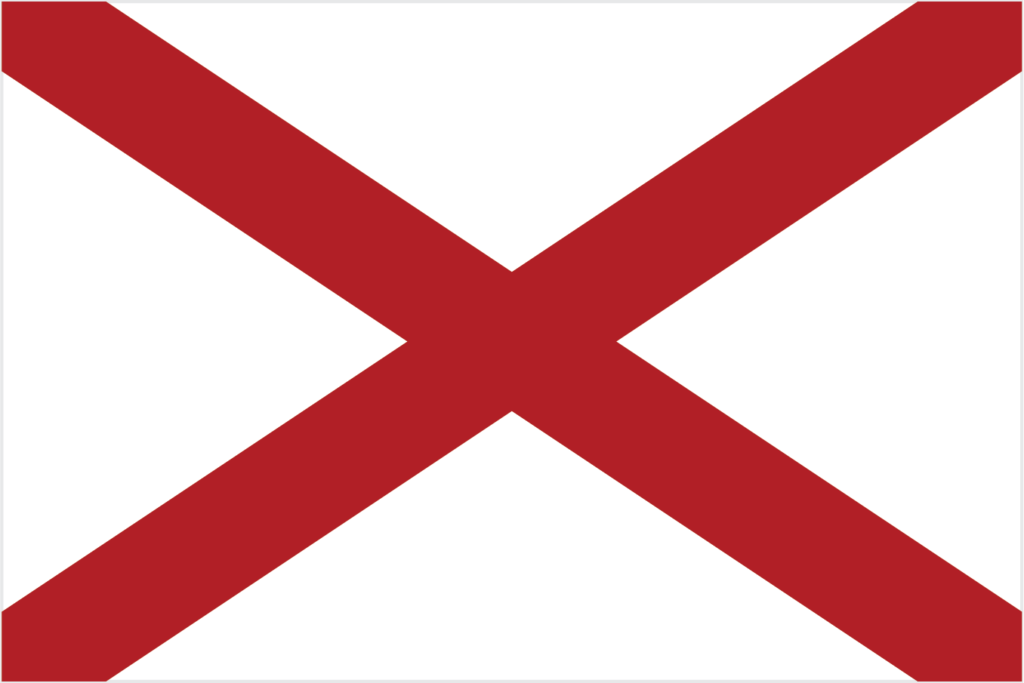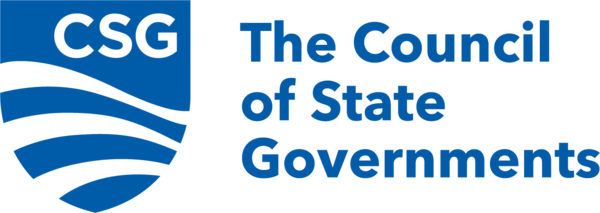
There is significant variation in the way states issue and manage occupational licenses. Beyond differences in education and training requirements to obtain a license, states also differ in how they process and issue licenses. While some states still use paper application processes, others have migrated to online centralized licensing systems for most or all occupations requiring a license. This provides applicants a place to access information about occupational license requirements as well as application and renewal instructions.
Some states host a website that includes license management while other states partner with a software company to host and manage the process. The Council of State Governments (CSG) has compiled a sample of management software used by states in implementing online occupational licensure management. See the table below to find links to licensing boards, the software options currently used and links to the online licensing portals.
Continue reading “Professional Licensing Boards Partner with Software Companies to Manage Online Licensing Services”






